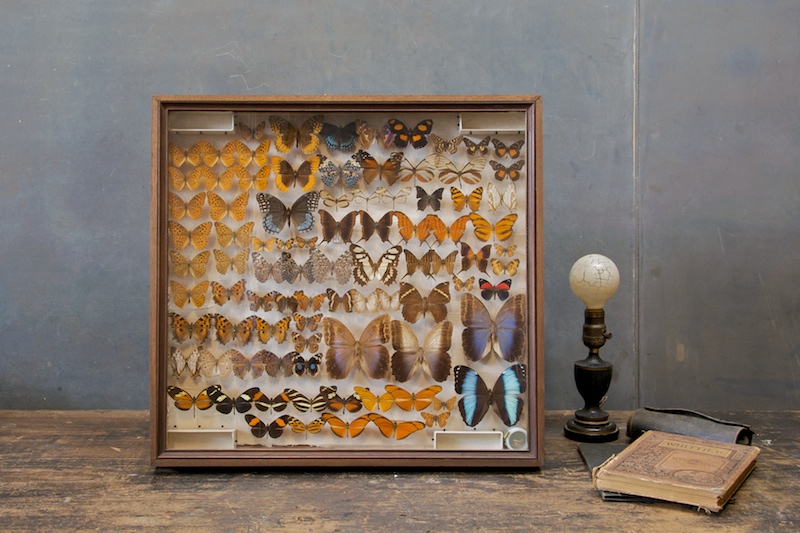What is an Entomologist?
Entomology is the study of insects, including their relationships with other animals, their environments, and human beings. Entomological research can also give us broader insights into ecology, evolution, and social behavior.
Entomologists study insects, such as ants, bees, and beetles. They also study arthropods, a related group of species that includes spiders and scorpions. Most entomologists specialize in a particular type of insect.
Insects outnumber all other forms of life combined, and perform functions vital to life on earth. Consequently, entomologists make many important contributions to scientific knowledge, such as the best ways to pollinate crops, conserve insect species, and protect crops, trees, wildlife, and livestock from pests. Understanding the roles insects play in their environments can also help us restore disturbed ecosystems and clean up contaminated sites. Some entomologists study how climate change will affect insect species and their distributions.
What Does an Entomologist Do?
Entomologists study insects, their environments, and their behaviors through observational, experimental, chemical, and genetic techniques. They may specialize in a particular species or taxonomic group, or the use of insects for particular applications or industries.
Agricultural entomologists study how to protect crops from pests, without harming beneficial insect species like bees. They may develop new types of “integrated pest management” that uses some species to control others, reducing the need for pesticides.
Veterinary entomologists work on ways to protect livestock, wildlife, and zoo animals from insect pests and the diseases they carry.
Medical entomologists research ways to prevent the spread of diseases like West Nile Virus and Rocky Mountain Spotted Fever from insects to people.
Taxonomic entomologists work in the field looking for insects still unknown to science. Discovering new species helps us understand evolution and the role of insects, and can potentially lead to new medicines.
Forensic entomologists help solve murder cases by studying the insects associated with dead bodies. They can help determine the timeline and location of a crime.
Forest entomologists help protect wild plants and forests by studying the insect pests that attack them.
Structural entomologists study insects found in buildings, such as cockroaches. They research ways to prevent them from entering, and how to get rid of them once they’ve settled in.
Where Does an Entomologist Work?
Many entomologists are faculty members at colleges and universities. Doctoral degrees are generally required for these positions. Entomologists also work for agricultural agencies and companies which included but not limited federal, state, and local agricultural & forestry-protection agencies, health organizations, biotechnology firms, laboratories, research groups, zoos, and museums.
Entomologists work in offices and laboratories, and outside when doing fieldwork. Fieldwork may involve travel to remote destinations, which are often rain forests in South America or Asia. The work can be physically demanding and isolating.
source: https://www.environmentalscience.org



